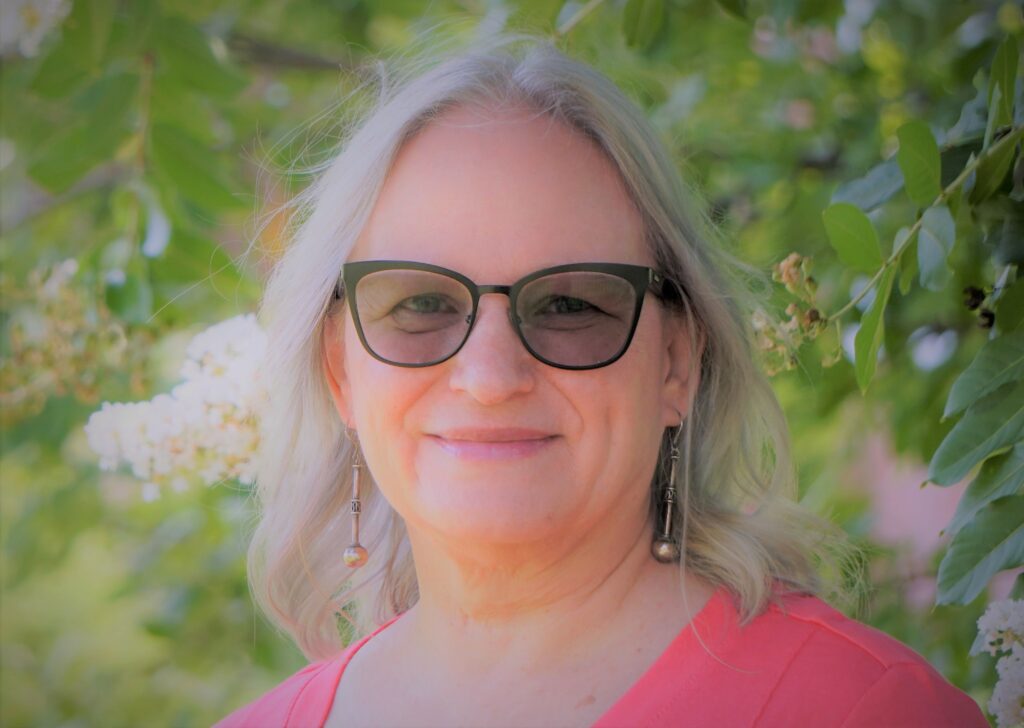
Hello! I’m Susan Wolfe, CEO and Community Consultant at Susan Wolfe and Associates based in Grand Prairie, TX (near Dallas/Fort Worth). A large share of my work is focused on evaluating initiatives designed to address health and educational disparities.
Have you ever taken a close look at the programs and initiatives that you evaluate and recognize that they are based in a colonizing approach? An example might be a program that is an individually focused intervention (let’s change the people) that is seeking to overcome a problem that is based in systemic racism or other institutionally created problems. As evaluators, how are we supporting the perpetuation of colonizing approaches with our evaluations?
Some signs a program might be delivering services that uphold status quo:
- What does research indicate are causal factors? Is this program addressing the causal factors, or just “doing something” that looks like the right thing to do?
- Are the expected outcomes based on what funders or taxpayers would like to see (conformance to white supremacist norms) or are they outcomes that matter to those who are being served?
- Were the recipients of the program services involved in the planning? Did they have a say in what was done or what the outcomes were?
- Is the program considered optimal because it is “evidence-based” regardless of whether the evidence supports its use with the population currently being served, or what the community would select as what is really needed?
- Are researchers, funders, or others involved who are exploiting the community for data or to somehow promote their organization or careers?
If much of the work you do would fit with programs that are based in colonizing approaches, what can you do?
- Decide whether this is okay for you. If it is, then continue what you are doing.
- Consider at least implementing a Culturally Responsive and Equitable Evaluation (Adedoyin, Amutah-Onukagha, & Jones, 2023).
- Determine whether as the evaluator you could make changes. Perhaps they might begin a partnership with the focal community so that future actions are guided by and decided with community members.
- Begin steps to change the type of work that you do, who you do it with, and how you do your work.
Lessons Learned
- Continue to explore this topic and do deep dives into your own positionality and training.
- Be open to questioning the way things are done rather than just accepting them.
- If something doesn’t feel like it fits, then seek alternative opportunities.
- Don’t apply a blanket disapproval to all programs that seek to help individuals. Determine whether the current program is helping at least to some extent or causing harm through disempowerment or disrespecting culture.
Rad Resources
Some things I’ve read that have been eye-opening or thought-provoking include:
- Culturally Responsive & Equitable Evaluation: Visions and Voices of Emerging Scholars by A. Christson Adedoyin, Ndidiamaka N. Amutah-Onukagha, and Chandria D. Jones.
- Research Is Ceremony: Indigenous Research Methods by Shawn Wilson.
- Decolonizing Methodologies: Research and Indigenous Peoples by Linda Tuhiwai Smith.
- The Revolution Will Not Be Funded: Beyond the Non-Profit Industrial Complex edited by INCITE!
- Guidebook to Community Consulting: A Collaborative Approach by Susan M. Wolfe and Ann Webb Price.
- For Indigenous Minds Only: A Decolonization Handbook edited by Waziyatawin and Michael Yellow Bird.
The American Evaluation Association is hosting Decolonization in Evaluation Week with some of our colleagues. Do you have questions, concerns, kudos, or content to extend this AEA365 contribution? Please add them in the comments section for this post on the AEA365 webpage so that we may enrich our community of practice. Would you like to submit an AEA365 Tip? Please send a note of interest to AEA365@eval.org. AEA365 is sponsored by the American Evaluation Association and provides a Tip-a-Day by and for evaluators. The views and opinions expressed on the AEA365 blog are solely those of the original authors and other contributors. These views and opinions do not necessarily represent those of the American Evaluation Association, and/or any/all contributors to this site.
